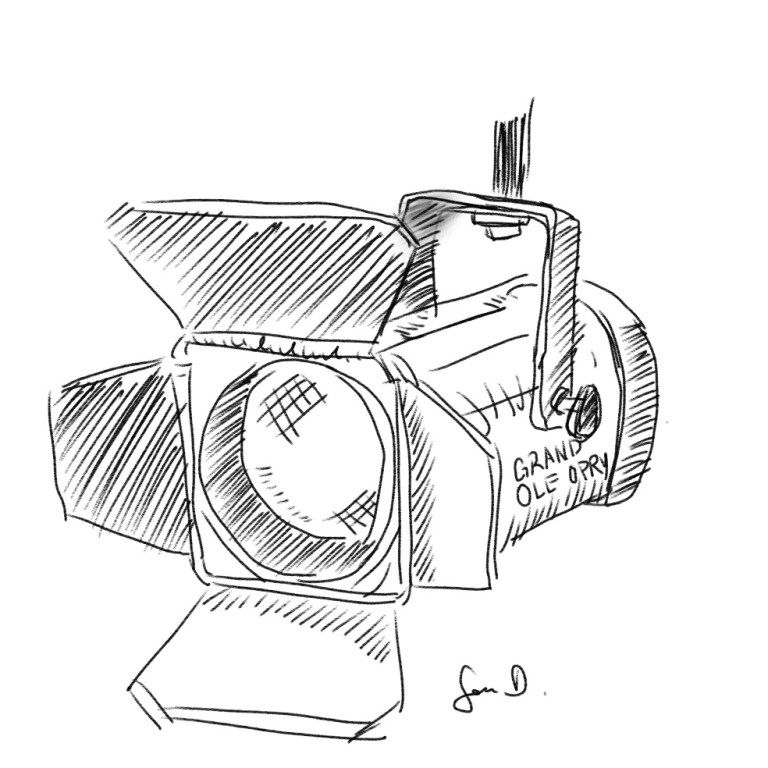I had a beer with a Marine. We were on his porch. He was barbecuing ribs. I’ll call him Mike, although this is not his real name.
Mike uses a wheelchair. He is a nice-looking soldier. Strong upper body. Head of silver hair. He likes Miller High Life because “It’s what my dad always drank,” he says.
Mike is an inactive Marine. Not a retired marine. Not a former Marine. Not an ex-Marine.
“Once you’re a Marine, you’re always a Marine,” he explains. “That’s just how it works.”
When Mike was going through boot camp in Parris Island, he wanted to quit a few weeks into his training. He discussed his decision with one of his instructors. They talked him out of it.
“I’m so glad I stayed in, it was the best thing I ever did.”
He was deployed. He was wounded in an IED explosion. The incident left him with a spinal cord injury. Next thing he knew, he was lying in a hospital bed in Germany.
“Depression has been my major obstacle from Day One. You see
guys walk out of the hospital on two legs, and you know that will never be you.”
When he got home, life got harder. His wife and 10-year-old son had been carrying on without him since he’d been away. They had their own routine, their own schedules. Their own lives. Mike’s son was a stranger.
And there was the PTSD. Each morning Mike would awake in a pulsating panic. His wife would lie in the bed beside him and speak softly. “You’re home,” she’d say, “You’re safe. You’re with your family.”
But his wife couldn’t understand him. Nobody did. “And that’s the whole thing,” he says. “Nobody understands what you’re going through.”
Mike took a sip of his Miller. You can see scars all over his body and face. But there are more inside.
Mike tried to take his own…










